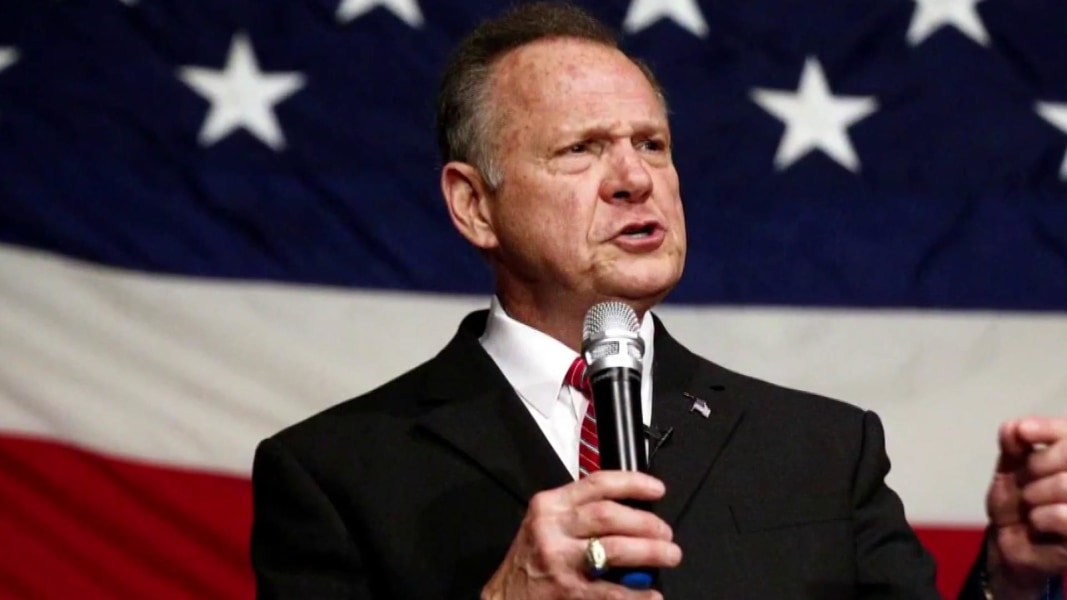That last part, about using credit to avoid disclosure before the election, is going to be more and more common.This story was originally published by The Center for Public Integrity, a nonprofit, nonpartisan investigative news organization in Washington, D.C.WASHINGTON — Democrats love decrying "dark money" — political contributions for which the source of funds is a mystery. But that isn't stopping them from accepting "dark money" themselves or making it difficult to determine the original underwriter of a political donation, as a recent Southern contest vividly illustrates.Alabama's special U.S. Senate election in December is a case study in the lengths national Democrats, who this year are racing to win back Congress from Republicans, are willing to go to hide their cash in the name of political expediency.Here's what happened: When it seemed as if Democrat Doug Jones could actually beat embattled Republican Roy Moore, a new super PAC supposedly based in Birmingham, Alabama, appeared just one month before Election Day. The super PAC, called Highway 31 after a route that bisects Alabama, spent $5.1 million to boost Jones, more than any other group active in the general election.
One fairly easy way to force disclosure is to rule that no non-profit may give money to any organization that acts in any way to influence an election, and that any organization that passes along money from a previous organization for any activity that might have an impact on an election must pay DOUBLE or TRIPLE that money to the Federal Treasury. Repeat violations will result in that organization losing its non-profit status.
Share

No comments:
Post a Comment